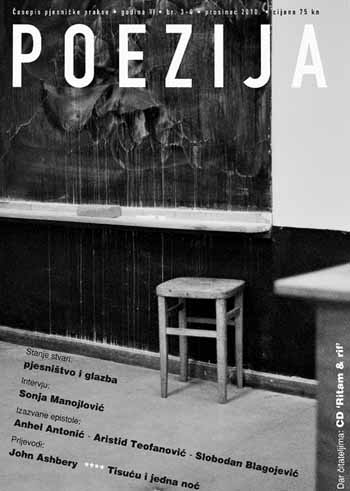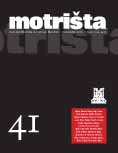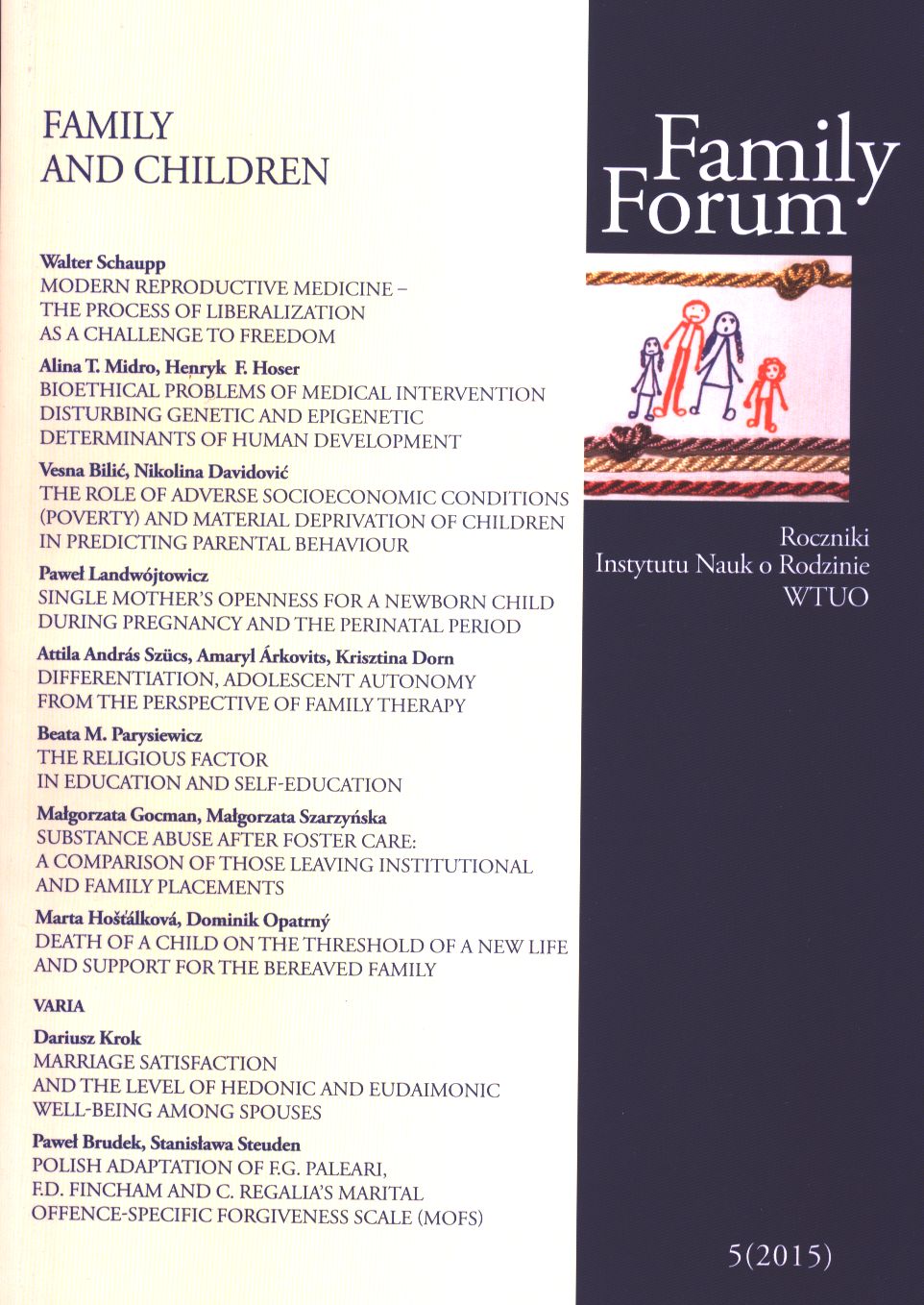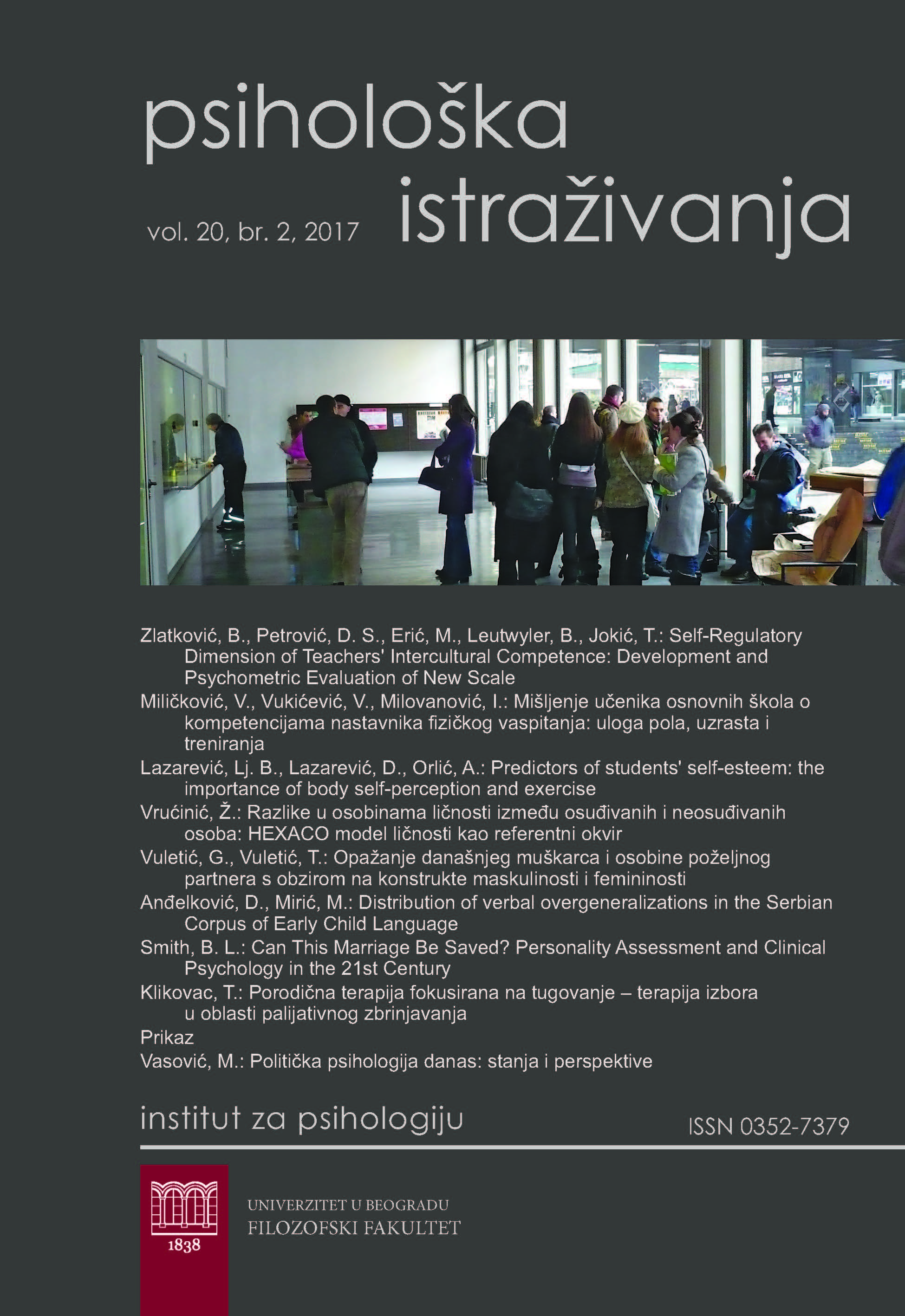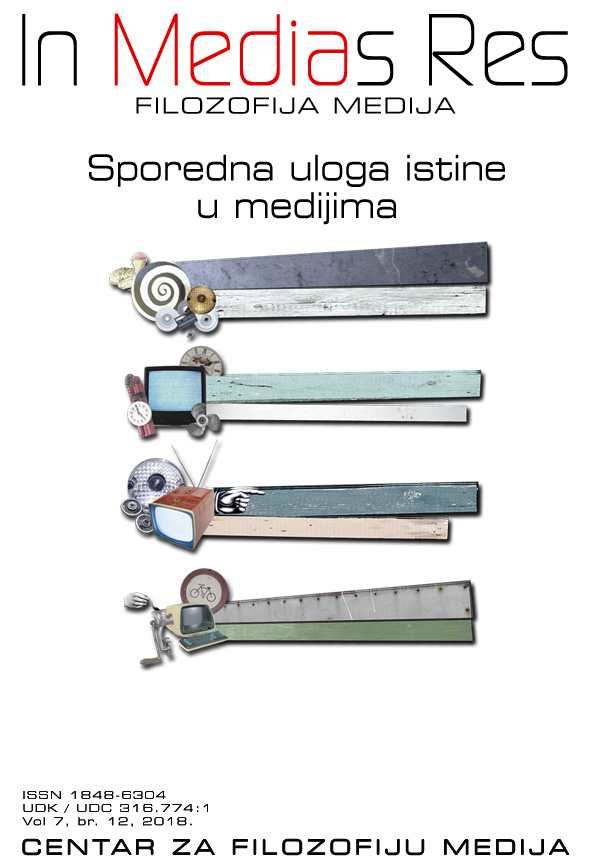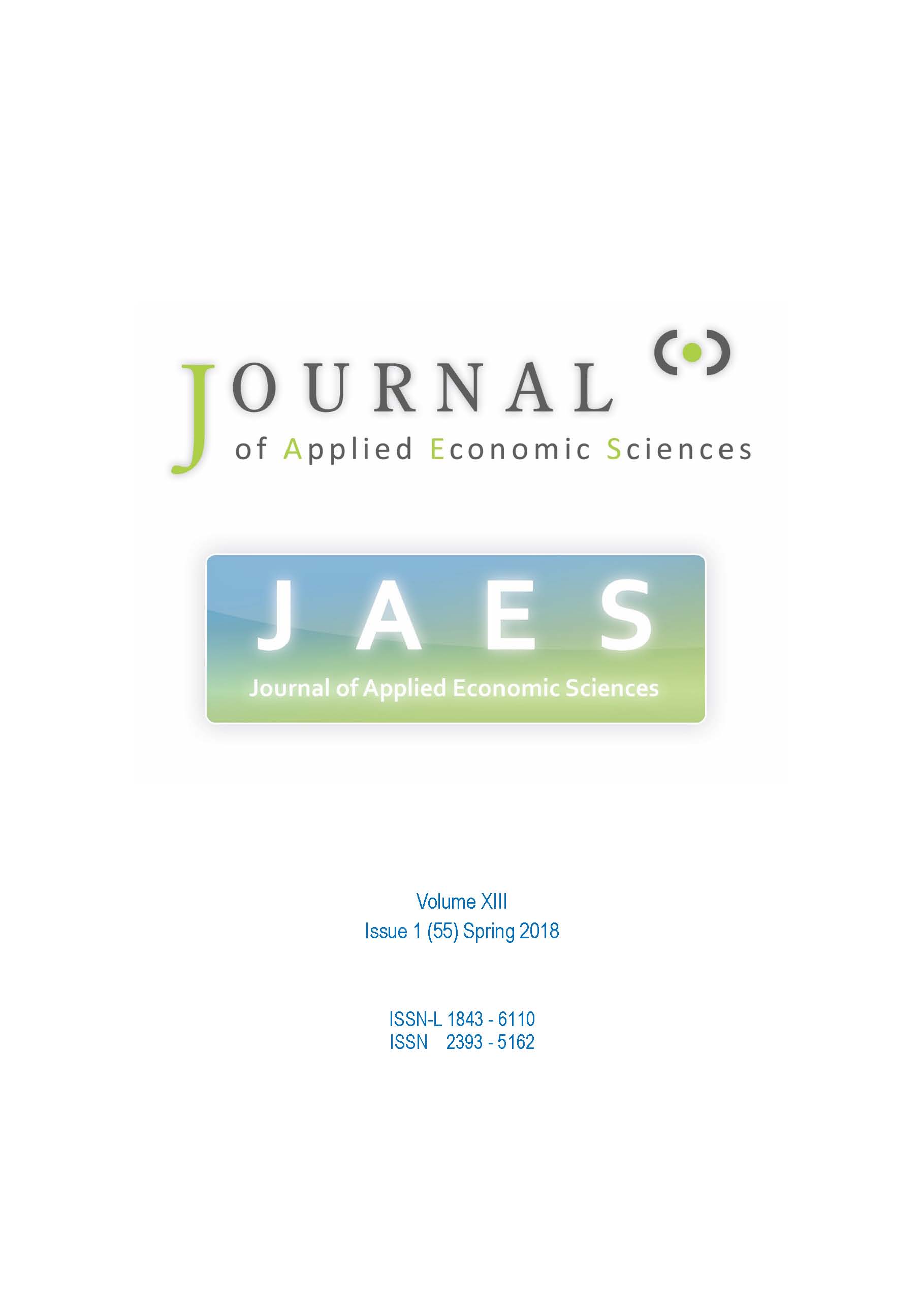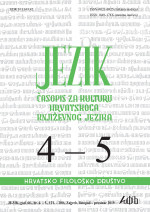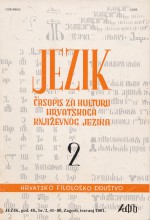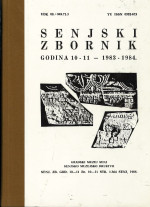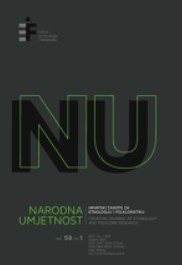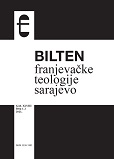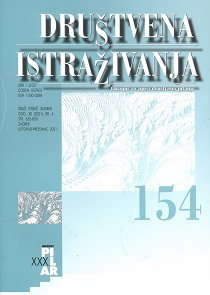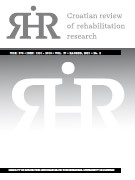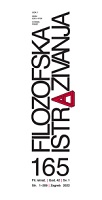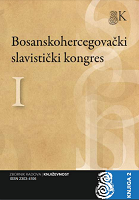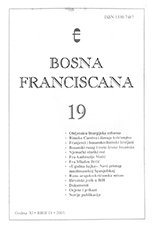
RECENT PUBLICATIONS
NOVIJE PUBLIKACIJE
Anđelko Barun, Svjedoci i učitelji. Povijest franjevaca Bosne Srebrene, Svjetlo riječi, Sarajevo-Zagreb 2003., 598 str. Ivan Šarčević, Tri tajne, Svijetlo riječi, Sarajevo - Zagreb 2003., 116 str. Svetište Gospe Ramske (vodič), Franjevački samostan Rama-Šćit 2003., 126 str. Miro Vrgoč, Leksikon franjevaca Bosne Srebrene iz livanjskog kraja, Svjetlo riječi, Sarajevo 2003., 307 str. Vjeko Božo Jarak, Djela apostolska - u vrijeme nastanka i danas, Slovoznak, Plehan 2003., 197 str. Vjeko Božo Jarak, Ljubo Lah, Teovizija - Galerija prijateljstva, Zagreb-Mostar 2003., 179 str., 28,5 x 24,5 cm. Pogled u Bosnu. Bosanski franjevci i suvremena sakralna umjetnost (Zbornik), Udruga đaka Franjevačke klasične gimnazije - Visoko, Zagreb 2003., 155 str. Bono Ravlić, Svjetlo u tami. Sjećanja na zatvorske dane 1946-1949., Matica hrvatska, Prozor-Rama 2003., 194 str. Mirko Šestić, Zapisi iz prve ruke. Povijesne crtice, bilješke narodnog blaga i zapamćenja fra Martina Nedića i fra Grge Martića, Izvori Podvučjaka, Potočani - Odžak 2003., 438 str. Marijan Karaula, Zaboravljena mučenica. Snimkom i riječju o župi Podhum/Žitače, Svjetlo riječi, Sarajevo 2003., 118 str. Kalendar svetog Ante za 2004, Svjetlo riječi, Sarajevo, 2003, 315 str. Ivo Pranjković, Jezik i belatristika, Disput, Zagreb 2003., 251 str. Franjo Emanuel Hoško, Franjevci u kontinentalnoj Hrvatskoj kroz stoljeća, Kršćanska sadašnjost, Zagreb 2000., 390 str. Ante Škegro, Na rubu opstanka. Duvanjska biskupija od utemeljenja do uključenja u Bosanski vikarijat, Hrvatski institut za povijest: Dom i Svijet, Zagreb 2002., 359 str. Franjo Emanuel Hoško, Franjevci i poslanje Crkve u kontinentalnoj Hrvatskoj, Kršćanska sadašnjost, Zagreb 2001., 495 str. Franjo Emanuel Hoško, Franjevačke visoke škole u kontinentalnoj Hrvatskoj, Kršćanska sadašnjost, Zagreb 2002., 451 str. Acta franciscana Hercegovinae (priredio Bazi/ije S. Pandžić) sv. IIIII, ZIRAL, Mostar -Zagreb 2003.
More...
